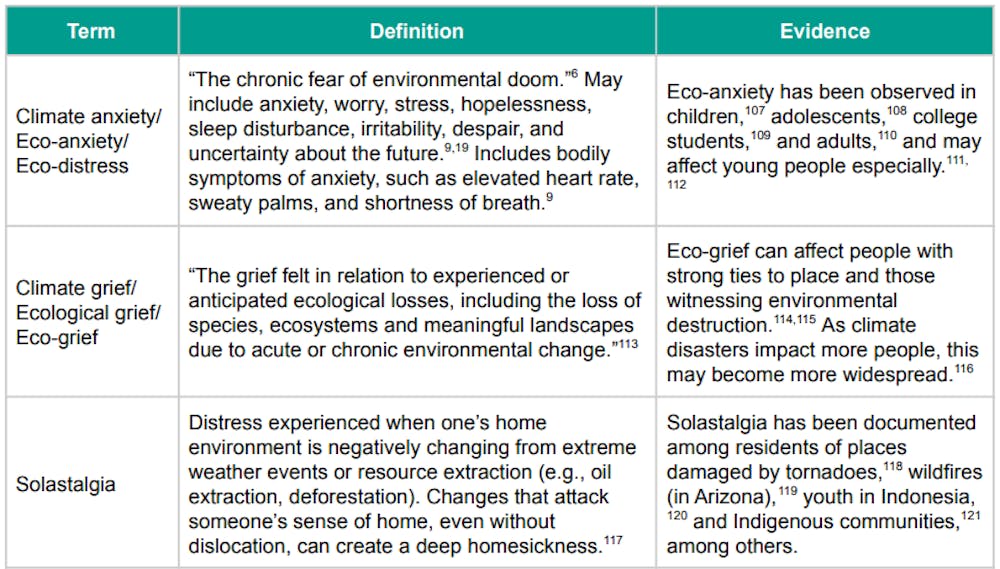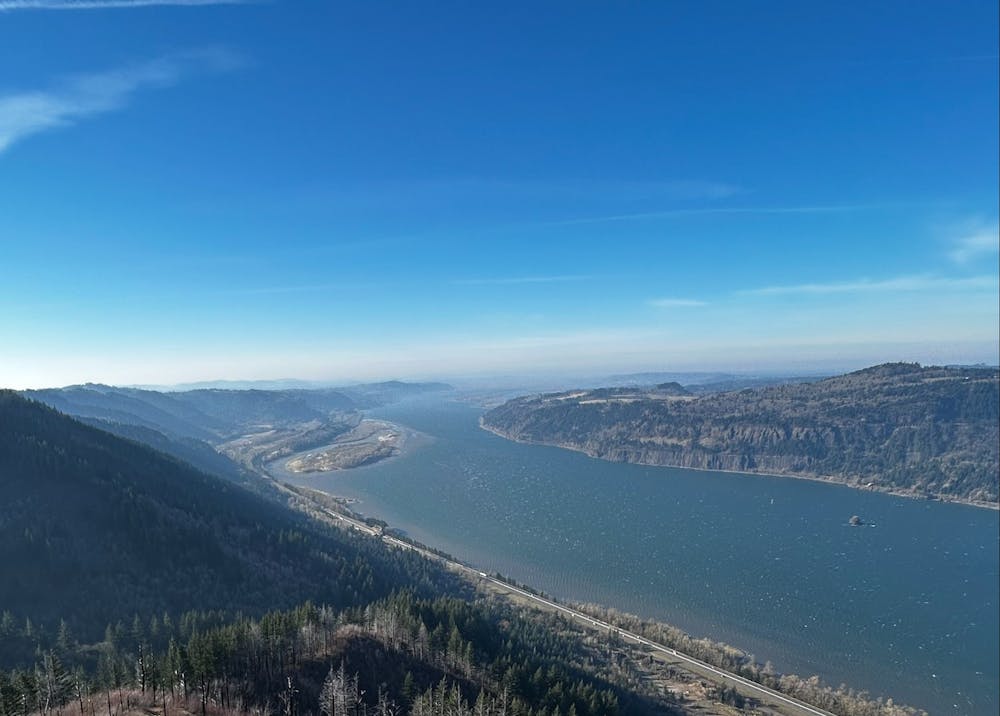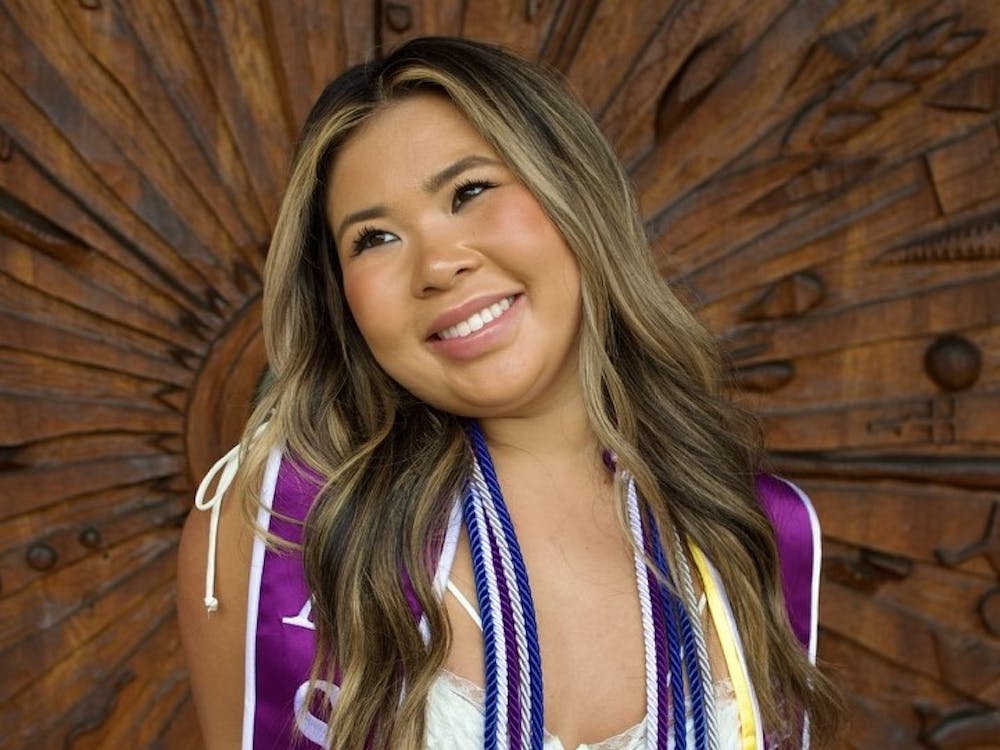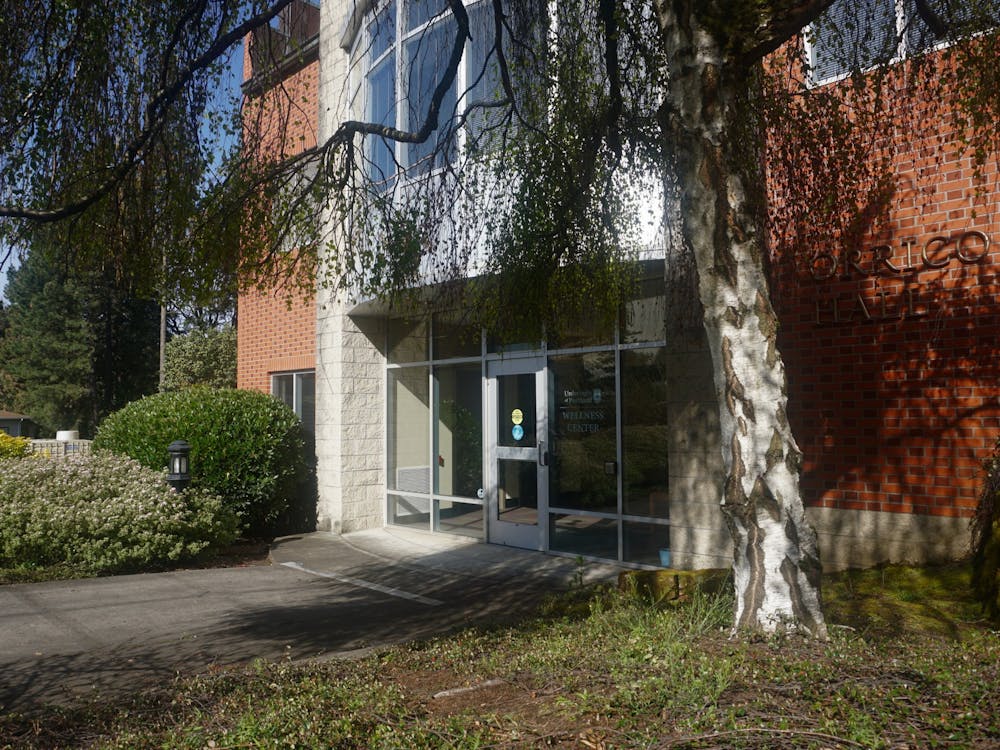In honor of Earth Day, we here at the Center for Student Wellness would like to take some time to remind you how to engage in Environmental Wellness.
For those unfamiliar, Wellness (as we practice here) consists of 8 Dimensions, with Environmental Wellness being one of them. We find it important to promote a healthy relationship with the environment we inhabit, not just for the effects it has on ourselves, but also for the effects we can have on the local environment.
To encourage promoting this relationship within oneself, it is important to be aware of what Environmental Wellness can do for you. Spending time outside can lead to enhanced mental health and well-being as well as reduced feelings of isolation. Researchers found that just two hours a week outdoors, when one feels safe, can create these calming effects within people and it can be spread out throughout the week.
When outdoors, though, it is important not just to be considering what nature is doing for us, but also what we are doing for it. To be present in nature can take on many different forms and can be a deeply personal thing. For some it is meditation, for some it is exercise, for some it is a walk, and for others it may be action.
It is important to be present in nature, especially as nature continually changes around us. Due to human-induced climate change, there are many different impacts on our mental health we may experience, even if we consider ourselves far from where “disasters” are happening. These indirect distress responses have many different names and are growing increasingly common among youth. Therefore, it is important to be able to identify the responses we are having.

Media sourced from a separate research paper. Courtesy of Christopher Karo.
If you are feeling any of the above, you are not alone. 70% of 18-24 year olds find themselves worried about climate change, according to research by the Seechange Institute. There are ways to handle these overwhelming emotions and take action. Actions can take place at home or in community and can range from going on a walk to joining a climate-focused organization. What is important for you is to set your boundaries and recognize what you are comfortable doing. Climate for Health provides some great resources on what these actions may look like at home or in community.
At the University of Portland, there are multiple courses you can take. You can join the University Ecology Club, volunteer some of your time in the Student Led Unity Garden, take some courses in Environmental Studies, join the Moreau Center for Service and Justice’s Environmental Immersion, and so much more. Your first learning opportunity can come this week. The Center for Student Wellness is hosting our first eco-anxiety documentary screening and panel discussion with Dr. Abel, Dr. Wheeler, Dr. Banschbach, and Ecology Club Vice-President, Alex Silva!
Christopher Karo is a peer health educator at the University of Portland and can be reached at karo24@up.edu.
Emma Niemela is a peer health educator at the University of Portland and can be reached at niemela25@up.edu.
Greg Peterson is the Director of Student Wellness at the University of Portland and can be reached at petersgr@up.edu.
Have something to say about this? We’re dedicated to publishing a wide variety of viewpoints, and we’d like to hear from you. Voice your opinion in The Beacon.









